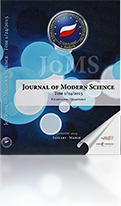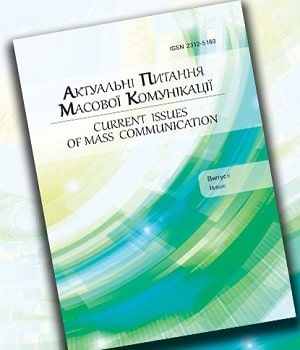Author(s): Muhammad Hamdani,. Erlina,Agus Abhi Purwoko,. Rujiman / Language(s): English
Issue: 7/2024
The purpose of this study is basically to determine the direct and indirect effects of tourism development planning using accessibility and inclusiveness towards disability-friendly tourism through government policies in the field of Tourism Objects and the Hospitality Industry in Karo Regency. The method for analyzing the data in this study used descriptive statistical analysis with SPSS 21 software for Windows, and structural equation modeling – partial least squares (SEM-PLS) analysis with smartPLS 3 software. The study's findings provide insight into the following: government policies have a positive and significant impact on disability-friendly tourism; tourism accessibility has a positive and significant effect on disability-friendly tourism through government policies; inclusive tourism has a positive and significant effect on disability-friendly tourism; tourism accessibility has a positive and significant effect on disabilityfriendly tourism through government policies; tourism objects and the hospitality industry in Karo Regency have a positive and significant impact on disability-friendly tourism through government policies. Meanwhile, the findings of a disability-friendly tourism development planning model on Tourism Object and Hospitality Industry in Karo Regency, where the factors that need attention, namely: first, tourism accessibility including social issues, weather, development, management, actions, decisions, stimulus, psychological, cognitive, interpersonal, and treatment; second, inclusive tourism including representation, participation in decision making, promotion, respect and understanding, removing social barriers, coordination, supervision, responsibility, collaboration, integration, and digital literacy; third, government policies including regulations, incentives, social responsibility, clarity, convenience, policy formulation, decision making, policy implementation, and policy evaluation; fourth, disability-friendly tourism including information, management of tourist destinations, preferences for accommodation information, accommodation, easily accessible facilities, availability of disability support services, legal certainty, destination environment, and demographic profiles.
More...





